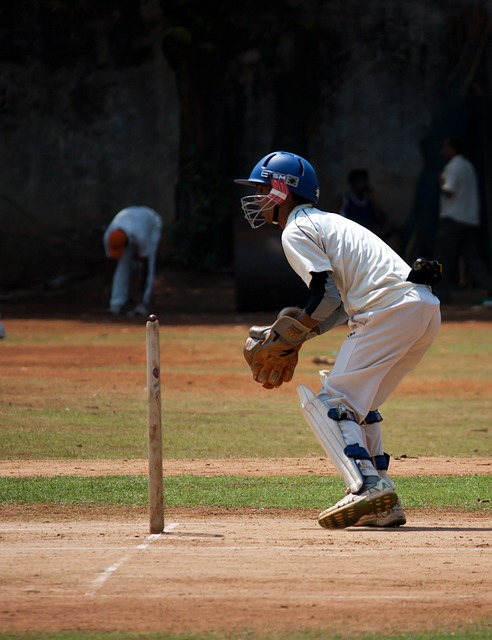Support Systems for Mental Health in Cricket: Best Practices and Innovations
Lotus365, Gold365: The realm of cricket is not just about physical prowess and technical skills; it also deeply intertwines with mental strength and well-being. The pressure to perform consistently at a high level, dealing with the public spotlight, and navigating the ups and downs of a competitive sport can take a toll on a player’s mental health.
In recent years, there has been a growing understanding and recognition of the importance of mental health support in cricket. Teams and organizations are increasingly investing in resources and programs aimed at promoting the psychological well-being of players. This shift highlights a crucial acknowledgment that mental health is just as vital as physical health in ensuring overall performance and longevity in a player’s career.
Understanding the Psychological Challenges in Cricket
Cricket is often perceived as a physically demanding sport with a strong emphasis on skill and technique. However, the mental aspect of the game is equally crucial but often overlooked. Players face a myriad of psychological challenges that can significantly impact their performance on the field. The pressure to perform consistently, deal with failures, cope with injuries, and manage the expectations of fans and coaches are just some of the factors that can take a toll on a cricketer’s mental well-being.
Moreover, the constant travel, rigorous training schedules, and time away from family and friends can contribute to feelings of loneliness and isolation among players. These challenges can lead to mental health issues such as anxiety, depression, and burnout if not addressed effectively. It is essential for cricket teams and organizations to prioritize mental health support and create a supportive environment where players feel comfortable seeking help and discussing their struggles.
Traditional Support Systems in Cricket for Mental Health
Mental health in cricket has been a topic of increasing importance, with traditional support systems playing a crucial role in addressing the psychological challenges faced by players. The culture of camaraderie within teams often serves as an informal support network, allowing players to confide in each other about their struggles and seek advice.
Coaches and mentors also hold significant influence in providing mental health support in cricket. Through their guidance and experience, they can offer valuable insights and strategies to help players navigate the pressures of the game and maintain their well-being. Their role goes beyond the technical aspects of cricket, extending to the mental and emotional aspects that are integral to a player’s overall performance and mindset.
Why is mental health support important in cricket?
Mental health support is crucial in cricket as the sport can be mentally demanding, with players facing pressure to perform consistently at a high level.
What are some psychological challenges faced by cricketers?
Cricketers may experience issues such as performance anxiety, burnout, depression, and stress due to the demanding nature of the sport.
What are some traditional support systems in cricket for mental health?
Traditional support systems in cricket for mental health include team psychologists, mentors, coaches, and support staff who provide guidance and support to players facing mental health challenges.







